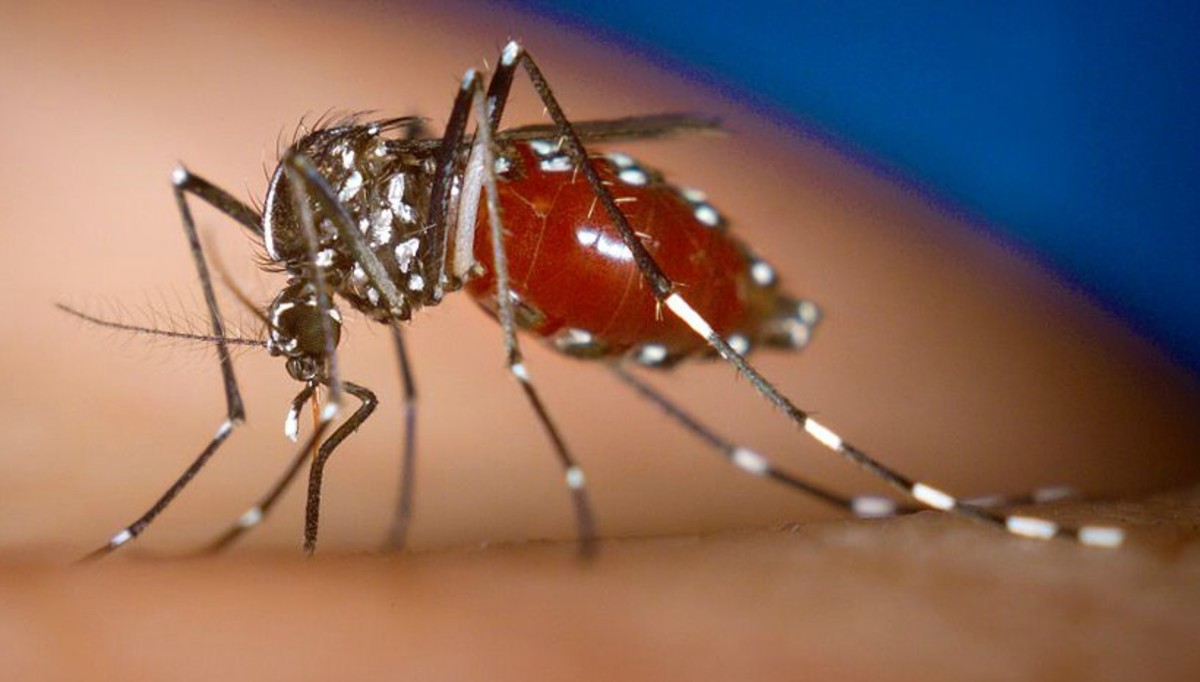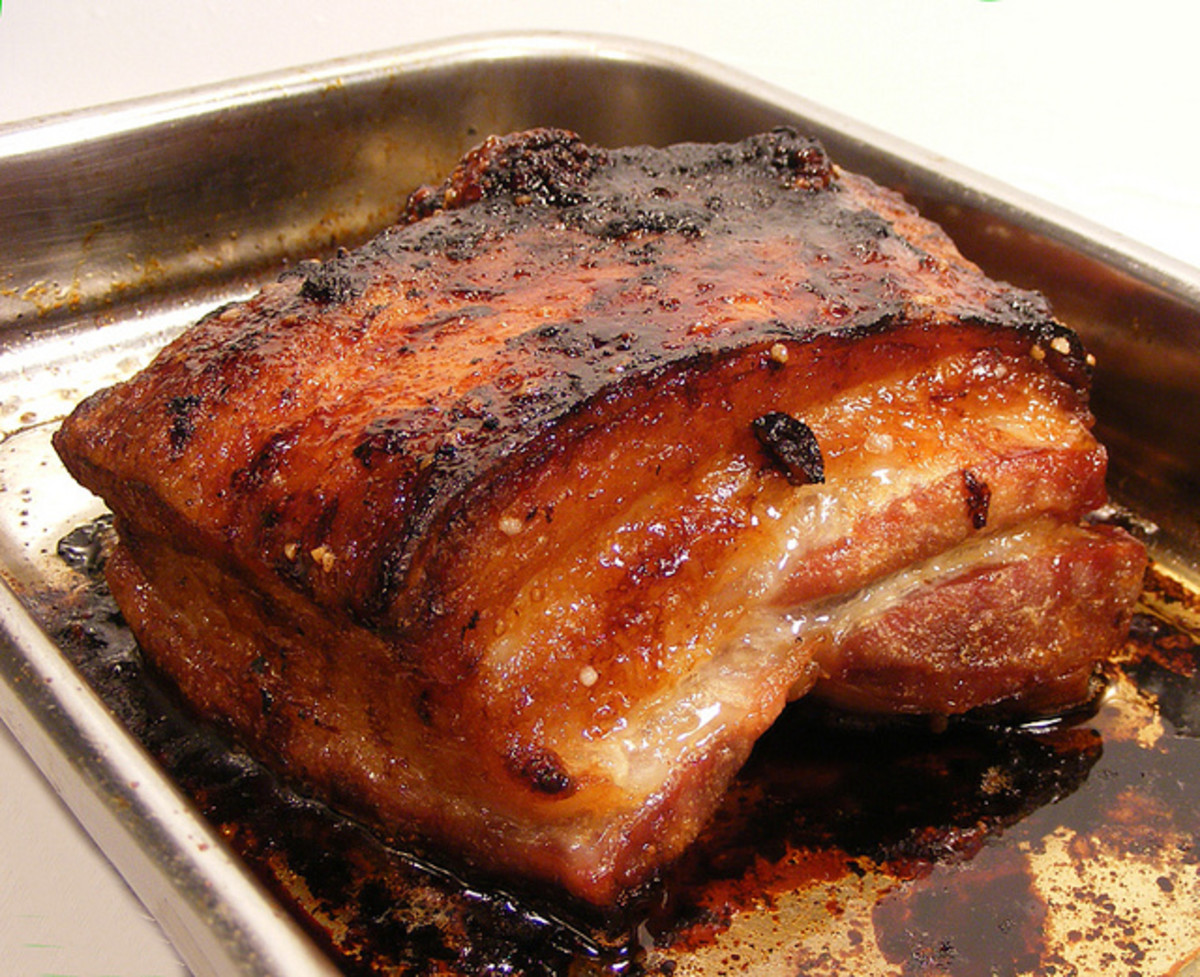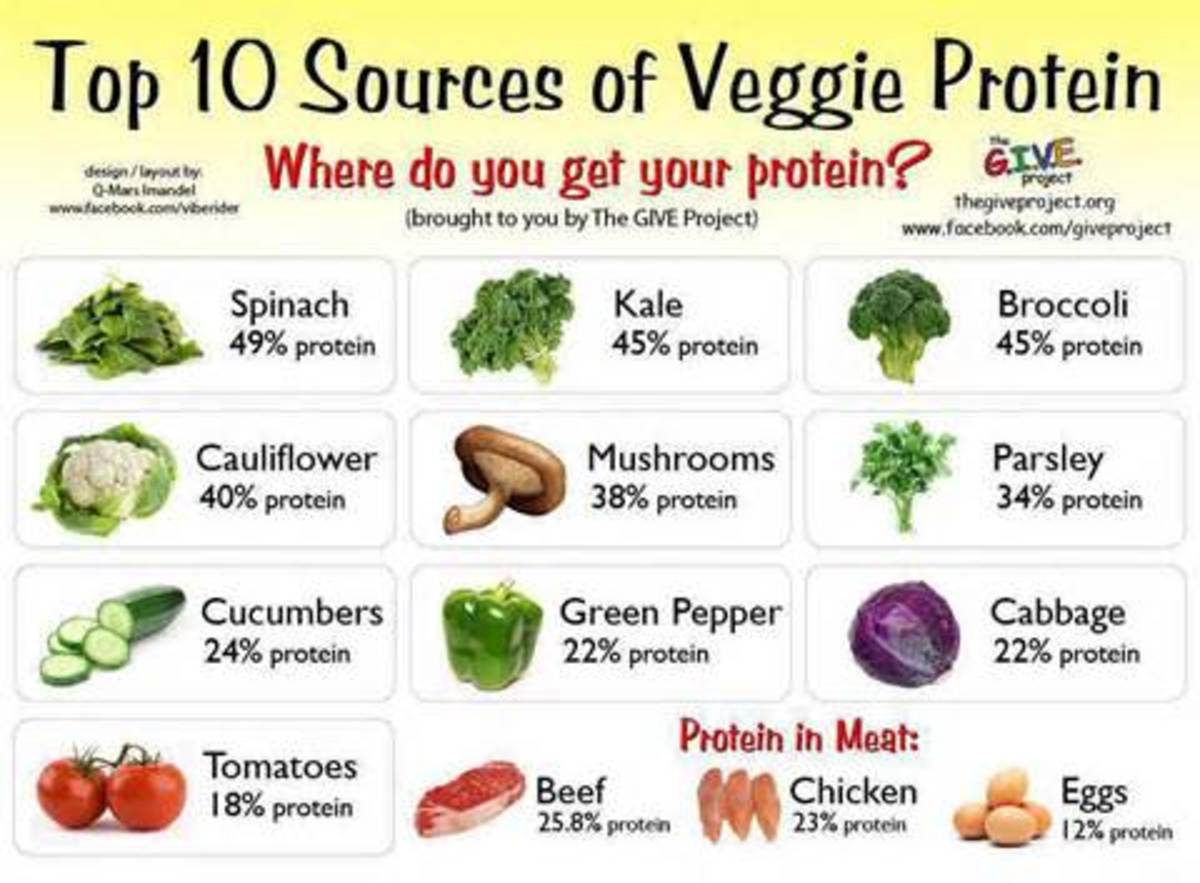Why is Pork Bad for You
Many won't admit it, but consuming pork is harmful. Some simply ignore this fact while few don’t know how pork is causing them harm. Whatever the cause may be, in this article I am going to expose the dirty truth about the pig!
A few years ago, I read a mind-blowing post on Facebook, (yes, this is the reason why I am writing this article) targeted to Muslims, explaining why consuming pork is unlawful. Unfortunately, I cannot find that post anymore; otherwise, I would have gladly shared it. It would have provided a more clear insight into why pork should NOT be included in our diet.
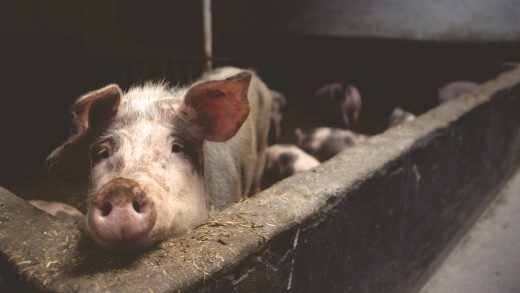
Pigs are dirty animals, period! No buts, no ifs, nothing! You cannot provide any defense for an animal that lives in its dirt and eats maggots, urine, decaying animal flesh, rotten vegetables, etc. According to research, more than 100 viruses come from pigs. The most common disease that got everyone on their feet was the H1N1 virus, which caused a worldwide outbreak.
H1N1 Virus
The H1N1 virus, also known as the swine flu, made headlines in the year 2009. It is a respiratory disease and can be passed to any human who comes in contact with an infected pig, thus further spreading the disease to others.
In 2009 this virus was responsible for a lot of deaths, approximately 20,3000 people fell prey to this deadly swine flu. The World Health Organization (WHO), gave its report of expected swine flu cases and deaths that occurred in the 2009 global outbreak.
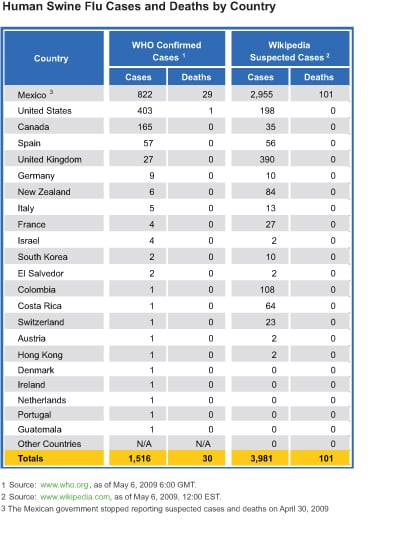
Taenia Solium
Taenia Solium is another dangerous disease found in pigs. This is commonly known as the pork tapeworm. At first, I was surprised that such a thing even existed, but the more I researched it, the more I realized why pork should not be consumed. No matter how long you cook pork, it remains raw and undercooked, due to which these tapeworms don’t die. They live in the meat which we eat. After a couple of months, this tapeworm grows into a full adult with high chances of infecting our nervous system by laying eggs that penetrate the intestine walls.
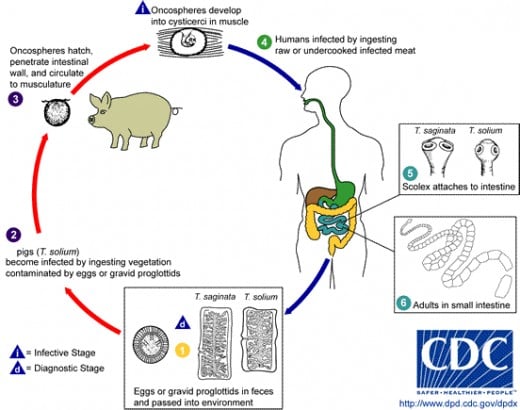
The Taenia Solium is just one of the many worms.
1.) Trichina Worms
2.) Round Worms
3.) Hook Worms
4.) Schistosoma Japonicum
5.) Balatitidium Coli
Each of these has a separate effect on the human body, ranging from digestive problems and weakness to inner bleeding paralyzes and heart failure. If proper medication is not taken to counter these pork infected diseases, they may prove fatal to health, and may even be the cause of death.
Pork also contains excessive fat, which adds extra layers to the belly.
If you still believe that pork meat provides some health benefits, you are very mistaken. Just think about this for a minute, will you eat maggots, rotten vegetables, and other garbage? If the answer is no, then why on earth will you consume pig? You might as well eat the pigs' food yourself and become one, instead of slaughtering that animal.
No wonder it is written in many religious books such as the Quran and Bible that pork is unlawful and should not be consumed. Pork meat contains 0% benefits and 100% health risk.

